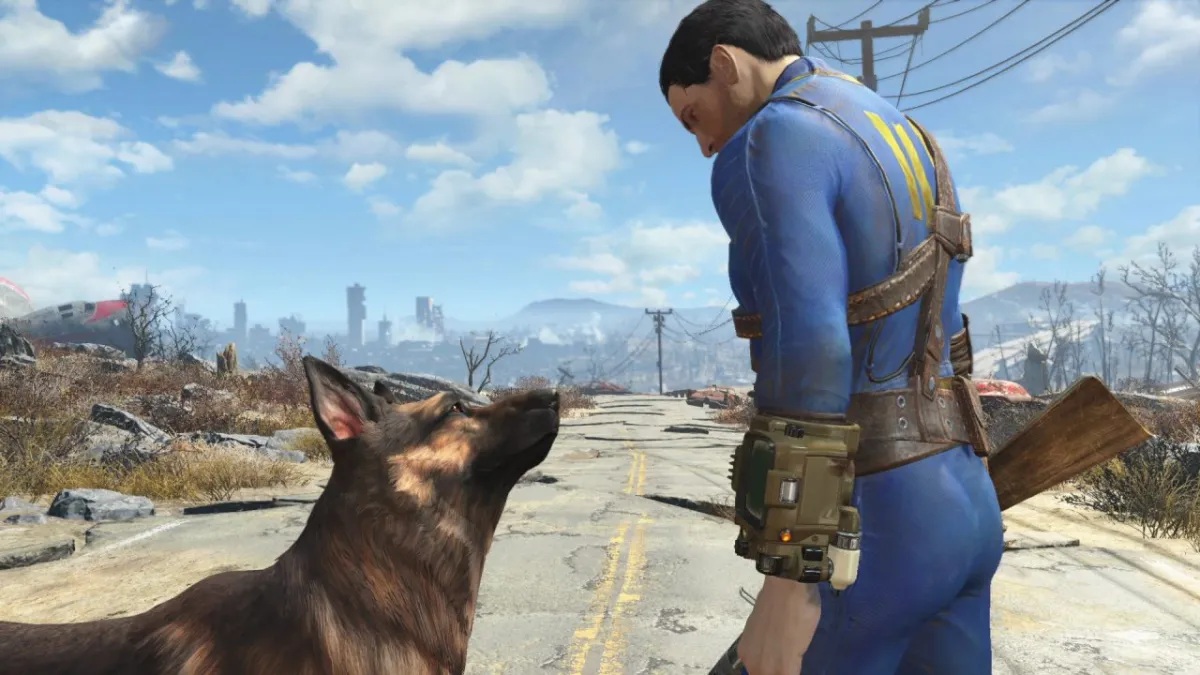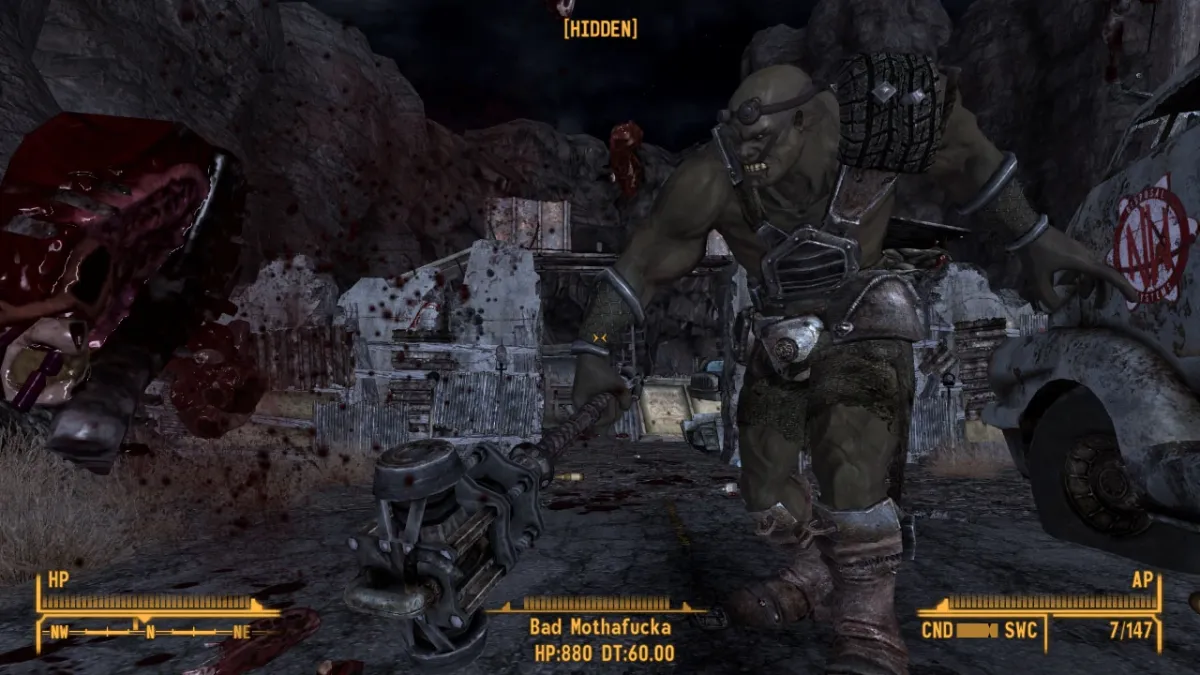
In the past twelve months we’ve witnessed the rise of Kickstarter and increased acceptance of ‘free to play.’ Digital downloading goes from strength to strength, especially on the PC. All of these things have had an impact on how we buy our games, and how publishers are pricing them.
Particularly exciting is Kickstarter, where you feel you are making a difference by helping a developer and there’s a chance that you can shape the game’s development through feedback with its creators. These are just two factors that entice us to part with our cash early. Your investment can be as large or as small as you want, and you’ll get a game and usually something else as a bonus.
There’s also the free to play model, and most everyone agrees that over the past year the quality of the games has improved greatly. Tribes: Ascend and PlanetSide 2 (pictured) have done wonders for the model’s credibility. Other games, such as Warframe and Marvel Heroes, look promising, and Splash Damage’s forthcoming FPS Dirty Bomb has the pedigree to potentially join those ranks.

The boxed game is slowly but surely disappearing for the PC audience. Boxes the size of farmhouses are things of the past as we turn to Steam, Origin and other digital download services. This has its benefits; it cuts down on the costs of manufacturing, and removes the need for those giant boxes, CDs and other paraphernalia that usually accompanied the game. Mother Earth is pleased. Collectors of physical media, perhaps less so.
The question is, with all these changes, are gamers still being taken for a ride over pricing? Developers and publishers are still finding ways to squeeze extra cash out of us. Is this something to be accepted as inevitable, or actively resisted?
Let’s take a look at a few examples. If a game is available as a digital download, why are we paying the same price as a boxed copy, and in Origin’s case sometimes more for the digital version?
The Sim City Deluxe Edition (digital only) costs a massive £64.99, and the Limited Edition is £44.99 for both download and ‘physical’ (you’ll get a box, but it’ll still hook you up to Origin) versions. Ask yourself this: when was the last time anyone paid 65 quid for a PC game, and why are the saved manufacturing costs of digital distribution not passed on to the players?
Instead, special editions get front-loaded with extra virtual goods, and players who buy the ‘normal’ version can’t help but feel part of the game was ripped out to provide a pre-order incentive.

Convenience and hype are key factors here.
Digital versions can often be pre-installed, so instead of being in bed at midnight you can hop on the latest game release and start playing. No trip to the shops required (that is, if you can even find one on most high streets). Publishers, and their marketing guru chums, know we are an impatient bunch and can get roped in by pre-release buzz. It’s that same hype that drives us to tell our friends we have a game pre-ordered and how excited we are about it, the insinuation being you should buy this too thereby validating my purchase.
On that level, we are to blame. If we keep paying out on day one (or even earlier) instead of waiting for public impressions and reviews of released games, publishers will keep milking gamer devotion. That impatience and excitement just made someone a few more quid.
Free to play is changing too. Developers and publishers alike are looking at ways to fund their game even before they are released, going beyond the simple micro-transaction model.
Last week Splash Damage launched their Dirty Bomb alpha test, and guess what? You can join in NOW if you shell out £80.00. Yes, that’s real money you are paying to provide them with feedback while the game is still in early development.

Splash Damage are not a small outfit looking to get their game made. So what’s the deal? Again, it comes down to human nature. The thought of getting into a game early is exciting. You’ll have the chance to provide feedback to the developers if you wish, and you’ll also get a bunch of perks that will undoubtedly cost real money (or a hell of a lot of grinding) in the final release.
The £80.00 price tag to play an alpha test is steep. But people are paying it.
I recently watched a discussion between two players in Dirty Bomb, one berating the other for being an “idiot” and “moron” for paying the cash to get into a test early. The other guy simply pointed out that he had lots of cash so it didn’t matter to him. The argument got a little heated, probably because the guy who didn’t pay felt he had one up on the guy who had shelled out.
While we bicker and argue the publishers are rubbing their hands with glee, delighting in the knowledge that they’re able to sell early access to games that will be free when it’s released.
As game fans, some us follow specific studios religiously, whether it be Blizzard, BioWare or even Splash Damage; and those of us who could justifiably be dubbed a “fanboy” are sometimes a little too eager to open the wallet. There’s nothing wrong with being a fan, but, again, publishers and developers know and exploit the fact that fans will pay a premium for early access or over-priced in-game goods.
Gazillion has pushed the limits with their pre-order packs for Marvel Heroes. The Ultimate pack costs $199.99, advertised as having an ‘actual value’ of over $750.00. This will be a free to play game, so the cash is going to get you more heroes, in-game currencies, early access, XP bonuses and a few other things. Now remember, these items cost the developer next to nothing to roll out, they are all in-game items that will exist with, or without, the ‘Ultimate’ pack.

Who is this package targeting? The Marvel fans or hardcore ARPG fans who are currently enjoying the beta test, of course.
As more PC developers and publishers move to embrace the free to play model we’re only going to see more “special deals” and “packages” that mimic a Kickstarter donation scheme, along with more high priced, pre-order “bonus” packs that actually cost very little to make.
Where will it stop? Are we at some point going to be able to join developers via webcam and take part in early production meetings and pass on our ideas? Will we be able to sit over the shoulder of an artist and tell him his design is shit? Will we someday be able to shape a game so much that we’ll ruin it completely?
For example in the latest Kickstarter for Dreamfall Chapters, pledge enough and you can have lunch with the writers, sit in on audio recording session, decide where a character lives and even provide the character’s backstory. Higher pledges offer even more, and this is just one recent example.
Some of that may sound far-fetched; but as long as developers or publishers keep finding new ways to dip into our wallets, they’ll keep testing the boundaries of what people are prepared to pay for.



